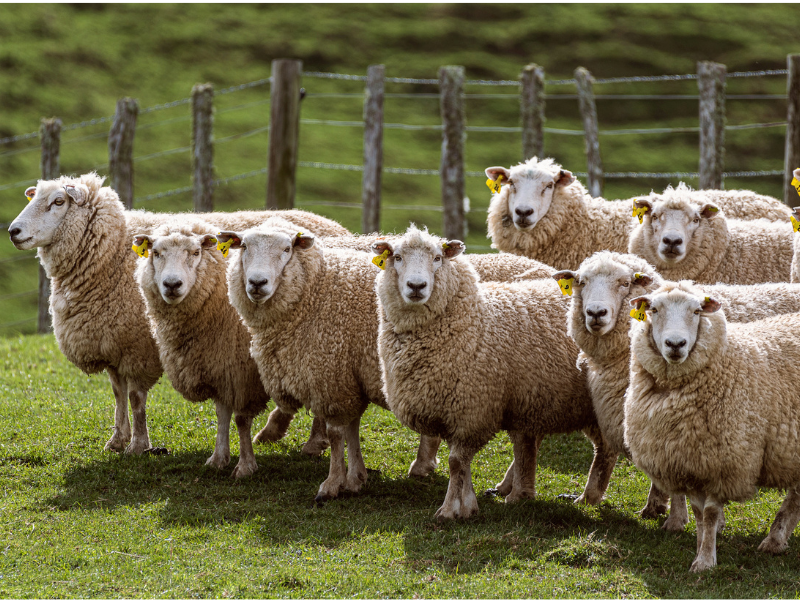

Immunity Against Worms – Essential for Pastoral Farming
Both cattle and sheep normally develop immunity against worms by 18–20 months of age. Immunity reduces new worm infections. For example, the establishment rate of larvae has been demonstrated to drop from approximately 50% in lambs to less than 2% in adult ewes. Immunity also lowers worm egg production. Therefore, the development of immunity against worms is essential to productive pastoral farming. However, there will always be a cost with immunity, and in some cases to production and the hatchability of eggs on pasture, and so it is important to consider the following:
The degree of immunity stock have depends on the below:
• Age – lambs and calves have minimal immunity so are at the greatest risk; Two-tooths are at greater risk than mixed-age ewes
• Species and breeding – cattle are superior to sheep; there are also major differences within breeds and lines
• Pregnancy status – immunity is lower in sheep with multiple pregnancies and immunity declines in late pregnancy and early lactation in ewes
• Feed intake – increased feeding, especially protein, enhances the immune response
• Body condition – immunity declines if body condition is poor
• Weather – immunity declines in poor weather
• Concurrent diseases can cause immunity to decline, e.g., Johne’s disease, Bovine Virus Diarrhoea (BVD)
• Worm challenge – a constant small challenge is required to maintain immunity, but a large challenge can overwhelm the immune system.
Do not consider these factors in isolation. An underfed single-bearing ewe in poor condition may be at greater risk than a well-fed twin-bearing ewe, and massive pasture contamination can overwhelm even very good levels of immunity. Be aware that if sheep selected for enhanced immunity to worms are drenched the same as non-selected sheep, drench resistance may develop faster!
Stock in their first year or so of life are the biggest contaminators of pasture and suffer the greatest production loss.
Learn more about the types of worms.


